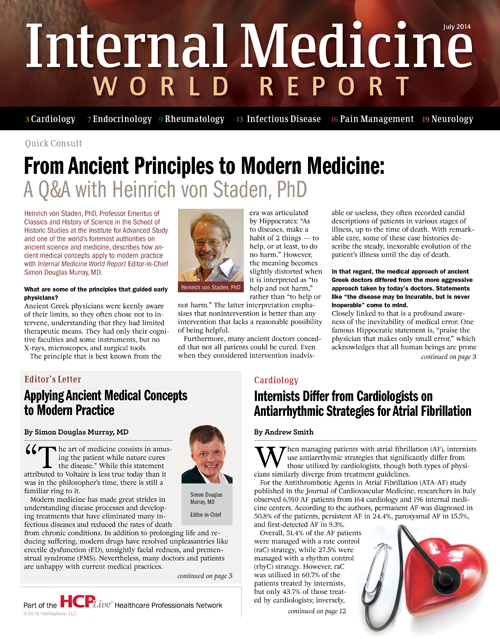Small-bowel Capsule Endoscopy Has Limited Value in Unexplained Abdominal Pain
Although small-bowel capsule endoscopy is often used to evaluate unexplained abdominal pain, a new analysis has found the procedure's diagnostic yield is limited.

Although small-bowel capsule endoscopy (SBCE) is often used to evaluate unexplained abdominal pain, a new analysis published in Gastrointestinal Endoscopy has found the procedure’s diagnostic yield is limited.
Researchers from the Zhejiang University School of Medicine in Hangzhou, China, performed a retrospective review of publications to establish the probability of SBCE determining a diagnosis for patients with unexplained chronic abdominal pain.
In the paper, Meng Xue, PhD, and colleagues pointed out that the diagnostic value of SBCE in the roughly 25% of outpatients who complain of lower abdominal pain or stomach pain is controversial.
“National Institute of Clinical Excellence guidelines did not recommend SBCE as a routine examination for patients with abdominal pain, but several studies focusing on the application of SBCE revealed the existence of small-bowel tumors and indicated that judicious use of SBCE might result in the negligence of significant pathologic findings,” they wrote.
Using data on 1,530 patients from 21 studies — including 5 from the United States — the investigators found that the overall diagnostic yield of SBCE was just 20.9%. In the 15 publications that had clear categorizations of significant SBCE findings, less than a quarter of patients (23.7%) had definitive pathologic findings, according to the authors. Among the 290 patients with such findings, inflammatory lesions — such as erosion, Crohn’s disease, and nonsteroidal anti-inflammatory drug- or radiation-induced enteritis — were the most common finding, as they accounted for 78.3% of definitive diagnoses. The second most common finding was tumor/mass lesions in 9% of patients.
In addition to the fact that some patients with negative SBCE findings might have functional symptoms or irritable bowel syndrome (IBS), the researchers acknowledged that there might have been a low diagnostic yield for SBCE because they excluded suspicious and potentially relevant findings.
“Several studies have reported that patients who had additional symptoms besides abdominal pain might have a higher positive diagnostic yield from SBCE examinations,” the authors wrote.
Among the paper’s limitations, the researchers cited limiting their review to studies written in English, having a majority of retrospectively designed studies, and including patients of all ages. They recommended further subgroup analysis and prospective, multicenter studies with follow-up in order to confirm the value of SBCE in patients with unexplained abdominal pain.
